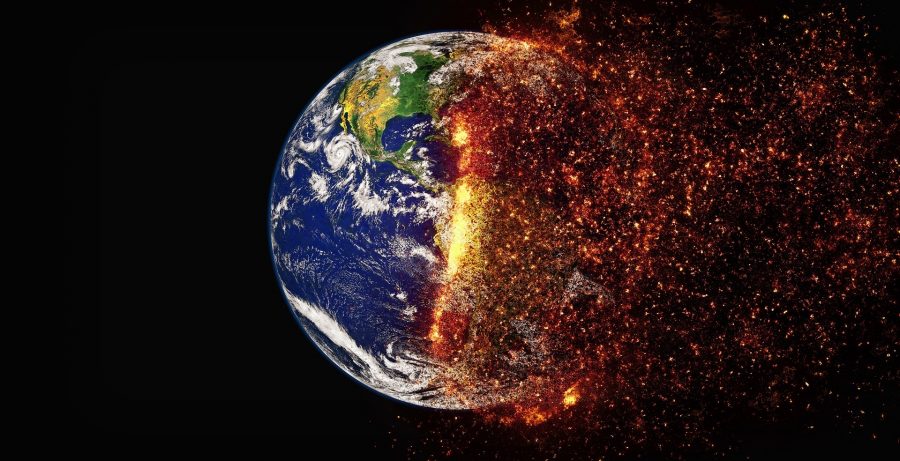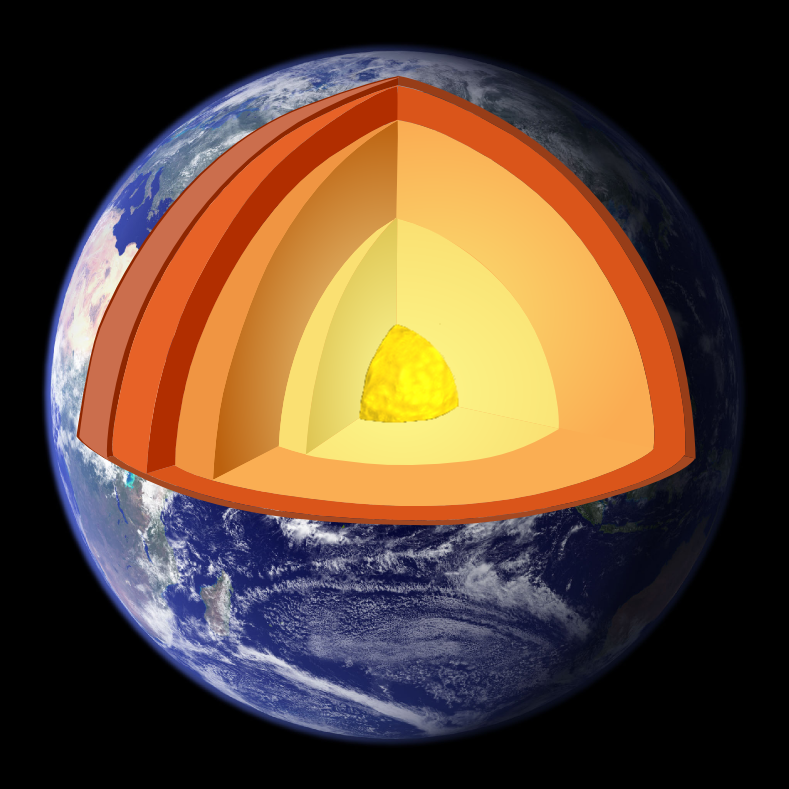While the cold weather and the first flakes of snow blanketing New York City may convince some of us otherwise, climate change remains as real as it always has been. And a new study reveals that the tipping point may be closer than once expected.
Annual carbon uptake is known to vary based on weather phenomenon experienced year by year. And even with significant anthropological contributions of carbon dioxide, the Earth has had two natural means of CO2 absorption; our oceans and our terrestrial biosphere. Responsible for absorbing an annual 50% of CO2 emitted, a new study by Columbia Engineering published in Nature this January 2019, reveals that Earth’s land may not be capable of continuing to absorb the increasing amount of CO2 caused by anthropological sources. While the effects of climate change are already heavily felt by the bleaching of coral reefs, ocean acidification, increasingly unpredictable and severe weather phenomena and much more, leading professor of the study Pierre Gentine has stated that “should the land reach a maximum carbon uptake rate, global warming could accelerate, with important consequences for people and the environment. This means that we all really need to act now to avoid greater consequences of climate change”.
Gentine and his student Dr. Julia Green aimed to better understand how weather variability affected land CO2 absorption capacity by studying net biome productivity (NBP), the net change in carbon in a region. By utilizing Earth System Models to specifically analyze changes in soil moisture, the study was able to identify long-term patterns and effects that different weather phenomenon such as drought and floods had on long-term carbon intake capability of the observed land. The results showed correlation between increased weather variability and severity and decreased NBP (a decreased carbon intake capability by the examined region). These findings are crucial in understanding the severity of the current climate change crisis; as anthropological emissions of CO2 increases, a greater stress is put on Earth’s land and oceans to absorb such emissions, decreasing NBP. As Earth’s natural sinks absorb less and less carbon, CO2 concentration will increase in the atmosphere and further increase the detrimental effects of global warming and climate change. In fact, the study reveal that in the absence of heat waves and floods, Earth’s land would have been capable of absorbing twice as much carbon as it is capable of doing so now. Gentine urges there to be more consideration into carbon fluctuation in soil over time and to put effort into better climate prediction as the professor states, “soil moisture plays such a large role in the carbon cycle, in the ability of the land to uptake carbon, it’s essential that processes related to its representation in models become a top research priority”.
The question remains, is it too late to alleviate this vicious cycle of global warming, has Earth reached its tipping point in its ability to intake carbon? Gentine and Green plan to further their research into vegetation response to weather variability due to climate change as investigations continue to show that existing Earth system modeling is inadequate and underdeveloped in modeling predictive carbon intake on a global scale. With better modeling, the two hope to portray more holistic data regarding the effects of climate change.














